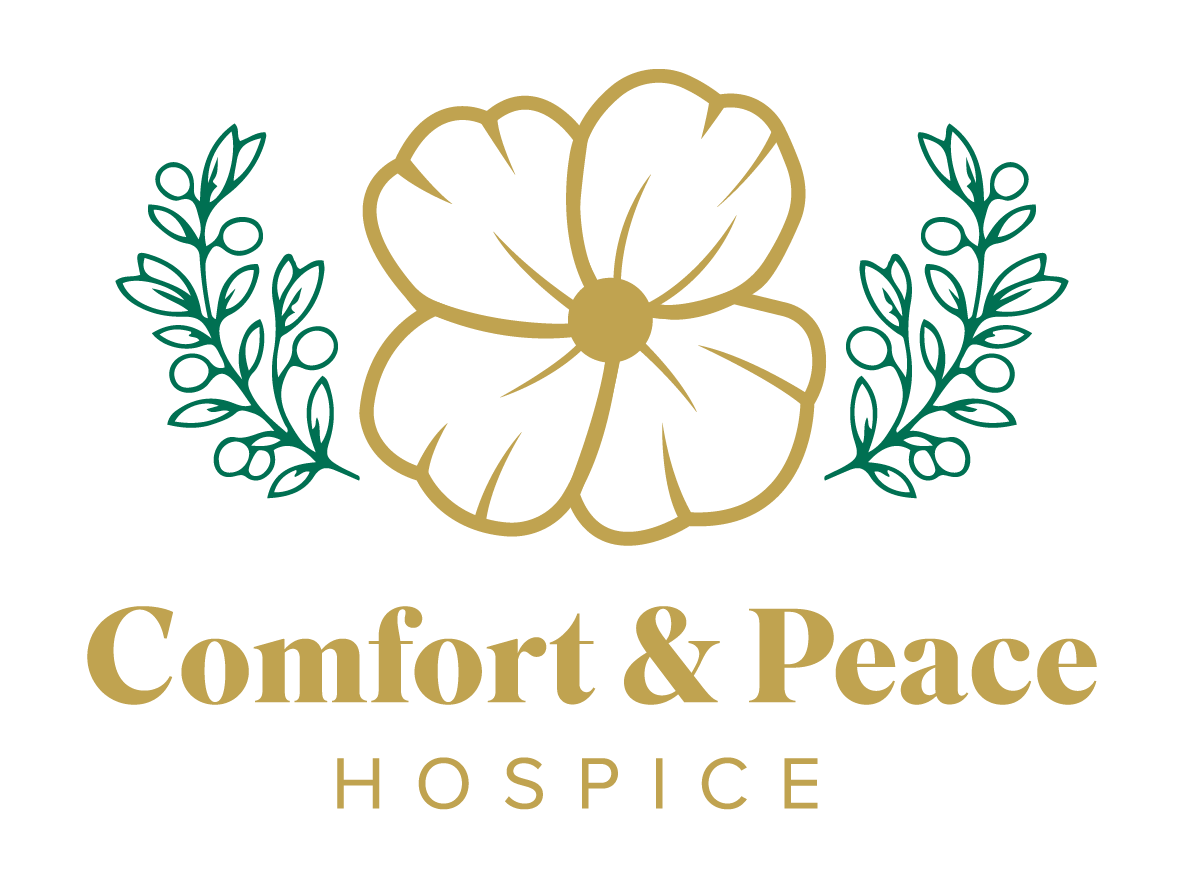n the realm of end-of-life care, hospice assumes a pivotal role in providing patients with solace, unwavering support, and an unwavering sense of dignity during their final stages. However, it is important to acknowledge that every patient’s journey is a tapestry woven with uniqueness, and not everyone may elect hospice care.
This blog post illuminates the intricate decisions patients make when they opt out of hospice, while exploring alternative options that steadfastly prioritize their well-being and autonomy.
Understanding Hospice Care
Hospice care is a compassionate and dedicated form of medical support that prioritizes the comfort, well-being, and dignity of individuals confronting terminal illnesses. Its ultimate goal is to enrich the quality of life for patients in their final stages, easing pain and discomfort while providing emotional and spiritual solace to both patients and their loved ones.
One of the crucial advantages of hospice care lies in its unwavering focus on pain management. Healthcare experts work closely with patients, diligently addressing their physical symptoms.
Through a thoughtful combination of medications, therapies, and interventions, our aim is to provide effective pain relief and bring comfort to those in need.
Hospice care deeply values the significance of emotional support. Social workers, counselors, and other trained professionals offer guidance and counseling to patients and their families. They help them navigate the emotional challenges that come with end-of-life care.
Moreover, this emotional support extends beyond the patient’s passing, as bereavement services are provided to families to assist them in coping with grief and loss.
Another comforting aspect of hospice care is its holistic approach. It recognizes that patients have unique spiritual and cultural beliefs and aims to honor and respect these aspects of their identity.
Spiritual care providers or chaplains are available to offer spiritual guidance and support, ensuring that patients’ spiritual needs are met.
Hospice care is a kindhearted approach that prioritizes the well-being of patients and their families during the challenging journey of terminal illness. It focuses on relieving pain, offering emotional support, and honoring individual beliefs to provide comfort and dignity in the final stages of life.
Reasons Why a Patient Might Decline Hospice
Hospice care offers invaluable support and comfort to anyone facing end-of-life challenges. However, not all patients may choose this path. Various reasons can influence a patient’s decision to decline hospice:
Personal Beliefs
Each patient holds unique beliefs and values that impact their end-of-life choices. Some individuals may have religious or cultural beliefs that guide them toward alternative care options aligned with their worldview.
Desire for Alternative Treatments
Exploring alternative treatments or therapies beyond traditional hospice care is a valid choice for some patients. They may seek different modalities or holistic approaches to enhance their well-being or extend their life expectancy.
Need for Curative Treatment
In certain cases, patients may still pursue curative treatment options or experimental therapies in the hopes of recovery or remission. They prioritize these treatments over hospice care, as they believe in the possibility of a different outcome.
Independence and Autonomy
Maintaining independence and actively participating in healthcare decisions are important to many patients. Some decline hospice to retain control over their treatment choices, opting instead for alternative care options that allow them to make decisions regarding their medical care.
Fear or Misconceptions
Fear or misconceptions surrounding hospice care can cause patients to decline. Concerns about loss of control, abandonment, or limited treatment options may influence their decision.
Addressing these fears and providing accurate information is crucial in helping patients make informed choices.
Healthcare professionals must respect patients’ decisions to decline hospice care, honoring their autonomy and offering appropriate alternative care options. This may involve discussing alternatives such as:
- palliative care
- home healthcare
- assisted living facilities
All of those can provide the desired level of support and address specific needs. Through heartfelt and sincere communication, healthcare professionals have the power to guide patients along their distinctive end-of-life voyage, encompassing compassionate care and unwavering support.
Exploring Alternative End-of-Life Care Options
When patients decline hospice care, there are several alternative options available to meet their end-of-life care needs. These options aim to provide individuals with comfort, support, and dignity during this challenging time.
Let’s explore some alternative end-of-life care options:
Palliative Care
Palliative care focuses on relieving pain and managing symptoms for individuals with serious illnesses, regardless of their life expectancy. It aims to improve the quality of life by addressing physical, emotional, and spiritual needs.
Palliative care can be delivered in diverse settings, such as hospitals, clinics, or the comfort of one’s own home, creating a serene and compassionate environment.
Home Healthcare
For patients who prefer receiving care in the comfort of their homes, home healthcare services can be an excellent alternative. These services offer personalized care, including assistance with daily activities, medication management, and nursing care.
Home healthcare providers work closely with patients and their families to meet their needs while maintaining a familiar and supportive environment.
Assisted Living Facilities
Assisted living facilities offer a haven for individuals seeking additional support and assistance with daily activities, without the need for intensive medical care found in hospitals.
These facilities offer various services, including personal care, medication management, recreational activities, and social support.
Voluntarily Stopping Eating and Drinking (VSED)
VSED is a legal and ethical option where a person chooses to stop eating and drinking to hasten the dying process. This decision is made in consultation with healthcare professionals and requires careful consideration and support from healthcare providers, family, and caregivers.
Declining or Stopping Life-Sustaining Treatment
Some patients may choose to focus on comfort care instead of pursuing life-sustaining treatment. In such cases, healthcare providers work closely with patients to honor their wishes and provide palliative measures to alleviate pain and maximize their quality of life.
It is important to note that each alternative end-of-life care option has its own benefits and limitations. Factors such as cost, level of care required, availability of support services, and individual preferences should be considered when exploring these options.
Legal and Ethical Considerations
When patients decline hospice care and choose alternative end-of-life care options, it’s important to address the legal and ethical considerations involved. These considerations aim to protect the patient’s autonomy, ensure proper documentation, and comply with healthcare regulations and guidelines.
Here are some key points to consider:
Informed Decision-making
To empower patients in navigating end-of-life care decisions, healthcare providers should foster open and heartfelt dialogues.They should provide information about alternative care options, potential risks, benefits, and prognosis.
It’s crucial for patients to fully understand the implications of their decisions.
Advance Directives and Documentation
It is vital to encourage patients who decline hospice care to create or update their advance directives. These include:
- living wills
- power of attorney for healthcare
- do-not-resuscitate (DNR) orders
These documents outline the patient’s medical treatment and end-of-life care preferences, ensuring their wishes are respected.
Legal and Regulatory Compliance
Healthcare providers must adhere to local, state, and federal laws, regulations, and guidelines when offering alternative end-of-life care options. This includes:
- maintaining patient confidentiality
- obtaining informed consent
- appropriate licensing and certifications for the chosen care setting or provider
Ethical Considerations
Respecting and honoring patients’ decisions to decline hospice care is important. Healthcare professionals should foster open communication, provide non-judgmental support, and preserve the patient’s dignity and autonomy throughout the end-of-life care journey.
Interdisciplinary Collaboration
Enlisting a diverse team of healthcare professionals, comprising physicians, nurses, social workers, spiritual care providers, and ethicists, is of paramount importance in creating a harmonious and comprehensive approach.
This collaborative approach ensures that the patient’s physical, emotional, and spiritual needs are met while adhering to legal and ethical standards.
By addressing these legal and ethical considerations, healthcare providers can ensure that patients’ choices regarding end-of-life care are respected, documented appropriately, and aligned with applicable laws and regulations.
This compassionate approach promotes patient-centered care, supports individual autonomy, and upholds the principles of ethics and legality in healthcare practice.
Explore All The Possibilities
When it comes to hospice care for a loved one nearing the end of their life, the weight of this decision can feel overwhelming. It’s important to consider all possibilities and choose what is best for your family member.
Both palliative care and hospice offer excellent options to alleviate pain and discomfort. Before making a decision, it is important to thoroughly evaluate each option, taking the necessary time for careful consideration.
Remember, there are resources available if you or someone you know needs more information or advice during this challenging time.
Compassionate and Holistic Approach
When it comes to end-of-life journeys, it’s important to recognize that each patient’s experience is unique. We must show respect and honor their decisions, whether they choose hospice care or opt for alternative options.
Our focus should always be on supporting their autonomy, preserving their dignity, and providing a compassionate and holistic approach to end-of-life care.
Open communication, empathy, and ongoing education play vital roles in making a positive difference in the lives of patients who choose not to pursue hospice. By embracing these values, healthcare professionals can create a beautiful and meaningful impact on their patients’ lives.



